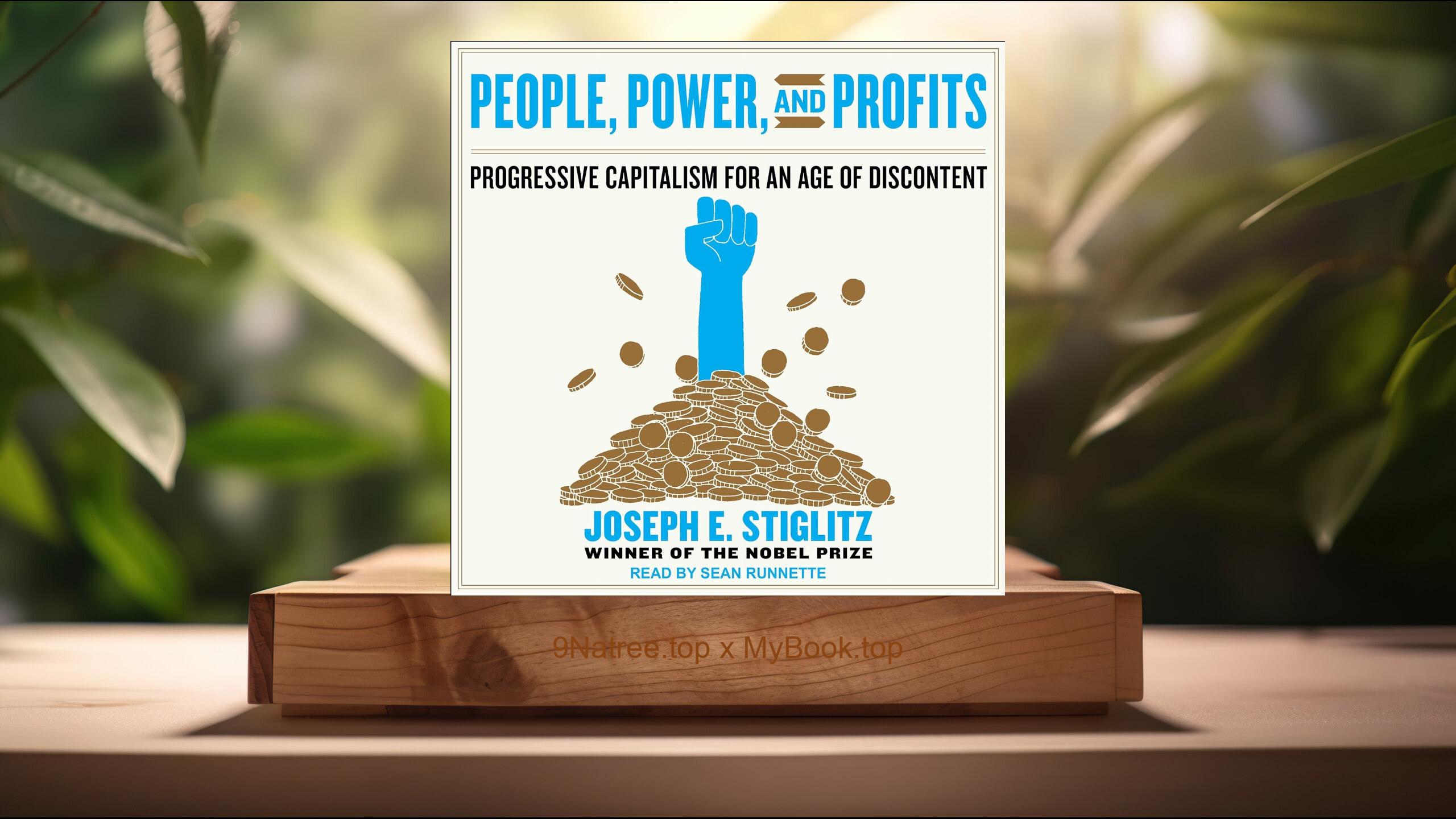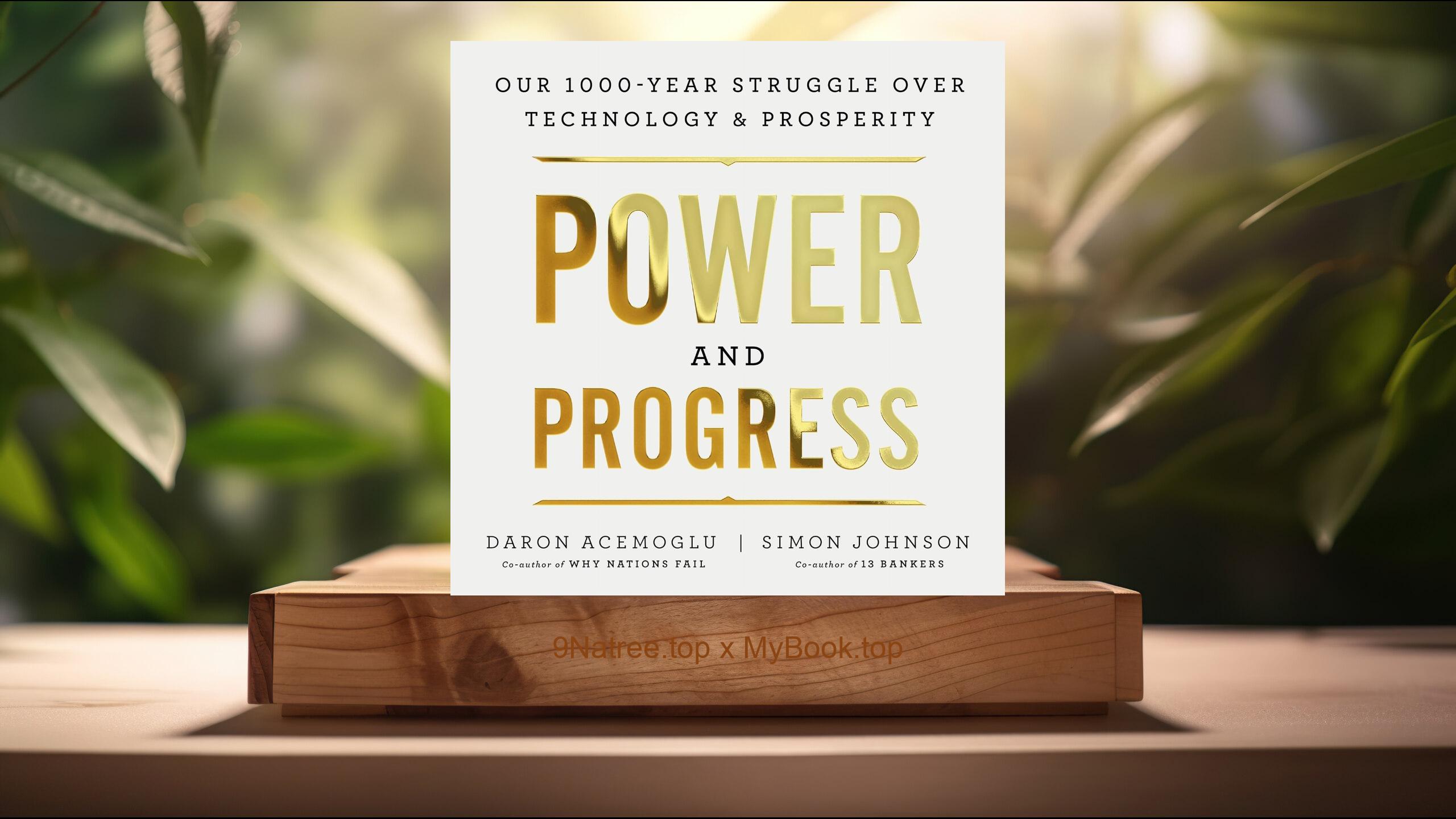Show Notes
- Amazon US Store: https://www.amazon.com/dp/B004AUQPF0?tag=9natree-20
- Amazon Worldwide Store: https://global.buys.trade/More-Money-Than-God-Hedge-Funds-and-the-Making-of-a-New-Elite-Sebastian-Mallaby.html
- Apple Books: https://books.apple.com/us/audiobook/more-money-than-god-hedge-funds-and-the-making-of-a-new-elite/id1656763894?itsct=books_box_link&itscg=30200&ls=1&at=1001l3bAw&ct=9natree
- eBay: https://www.ebay.com/sch/i.html?_nkw=More+Money+Than+God+Hedge+Funds+and+the+Making+of+a+New+Elite+Sebastian+Mallaby+&mkcid=1&mkrid=711-53200-19255-0&siteid=0&campid=5339060787&customid=9natree&toolid=10001&mkevt=1
- Read more: https://mybook.top/read/B004AUQPF0/
#HedgeFunds #InvestmentStrategies #FinancialMarkets #RiskManagement #GlobalEconomy #RegulatoryChallenges #FinancialInnovations #MoreMoneyThanGod
These are takeaways from this book.
Firstly, The Origins and Evolution of Hedge Funds, In 'More Money Than God,' Mallaby traces the origins of hedge funds back to the 1940s with A.W. Jones, who is credited with creating the first hedge fund. The narrative follows the evolution of hedge funds through the decades, focusing on the shift from a conservative investment strategy aimed at hedging against market downturns to the aggressive growth and risk strategies that characterize the modern hedge fund industry. Mallaby discusses how innovations in strategy and finance, such as leverage, derivatives, and quantitative models, have been pioneered by hedge funds. He also examines the industry's growth spurts and inevitable contractions, highlighting how each phase of evolution has been marked by breakthroughs in strategy and performance, as well as by notable failures and crises.
Secondly, Innovative Strategies and Risk Management, Mallaby dives deep into the innovative strategies that have set hedge funds apart from other investment vehicles. He details the various approaches that fund managers employ, from global macro strategies and market neutral positions to quantitative and high-frequency trading. The book illuminates how these strategies aim to achieve alpha, or excess returns, beyond the market's average. Mallaby also tackles the subject of risk management, a critical component of hedge fund operations. He explains how advanced risk management techniques, including the use of leverage and derivatives, are both a source of strength and vulnerability for hedge funds. The section underscores the importance of balancing innovation with risk control in order to sustain long-term success in the volatile world of hedge funds.
Thirdly, The Culture and Personalities of the Hedge Fund Industry, One of the most engaging aspects of 'More Money Than God' is its exploration of the culture and personalities within the hedge fund industry. Mallaby paints vivid portraits of legendary fund managers such as George Soros, Julian Robertson, and Ray Dalio, among others. He delves into their investment philosophies, personal quirks, and the often-intense competition that defines the hedge fund world. The book reveals how personal ambition, intellectual prowess, and an appetite for risk have shaped the industry's elite, creating a new financial aristocracy. Mallaby's narratives demonstrate how individual personalities and cultural dynamics have been as influential in the success of hedge funds as the strategies they employ.
Fourthly, Impact on Global Markets and Economies, Mallaby examines the significant impact hedge funds have had on global markets and economies. He discusses the role of hedge funds in major financial events, including their part in precipitating and navigating through market crashes, their involvement in the sovereign debt crises, and their influence on currency markets. The book provides insight into how hedge funds, through their speculative activities and massive capital flows, can both stabilize and destabilize financial markets. Mallaby argues that while hedge funds have been scapegoated for their role in financial crises, they also play a crucial role in providing liquidity and efficiency in global financial markets.
Lastly, Regulatory Challenges and the Future of Hedge Funds, Mallaby addresses the complex regulatory challenges facing hedge funds and the financial system at large. He discusses the balance that regulators must strike between allowing hedge funds the freedom to innovate and the need to protect the financial system from systemic risks. The book explores various regulatory responses to hedge funds, from the U.S. Securities and Exchange Commission's (SEC) attempts at oversight to international regulatory harmonization efforts. Mallaby speculates on the future of the hedge fund industry, considering trends like technological advances, shifts in global economic power, and changing investor demands. He posits that hedge funds, despite facing ongoing scrutiny and regulatory pressure, are likely to continue playing a significant role in the global financial landscape.
![[Review] More Money Than God: Hedge Funds and the Making of a New Elite (Sebastian Mallaby) Summarized](https://episodes.castos.com/660078c6833215-59505987/images/1860064/c1a-085k3-xx8o6po5ivd4-rvmmem.jpg)




